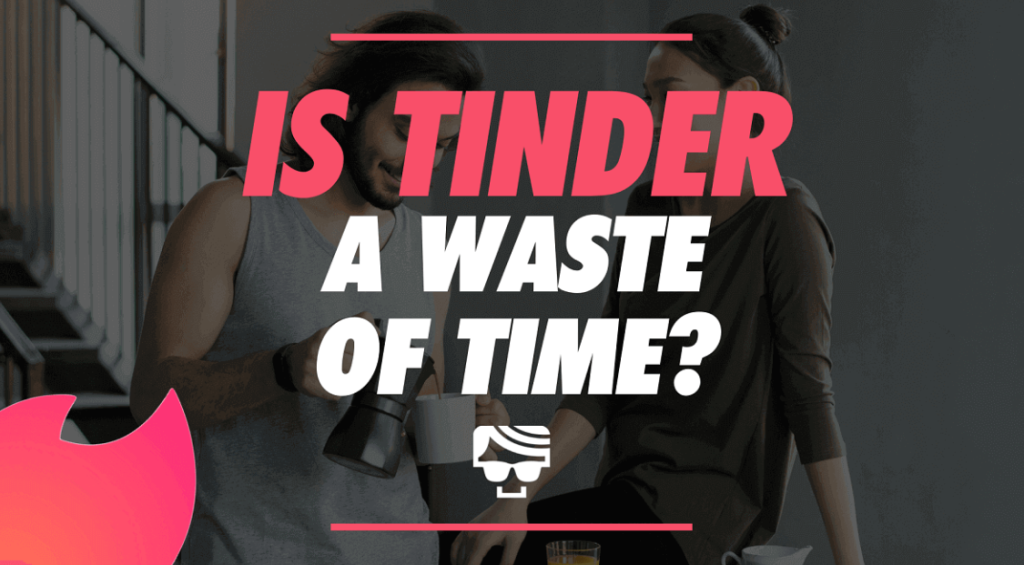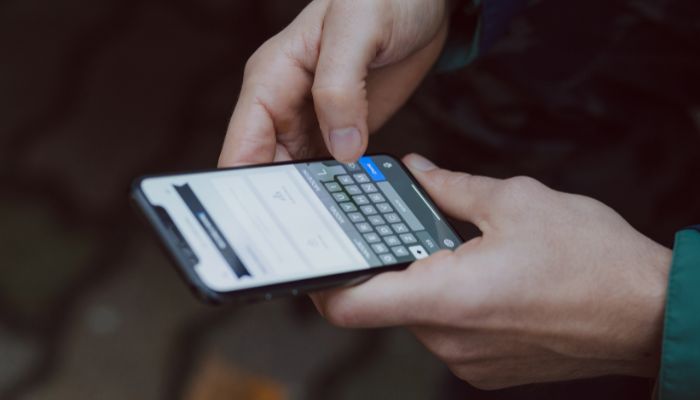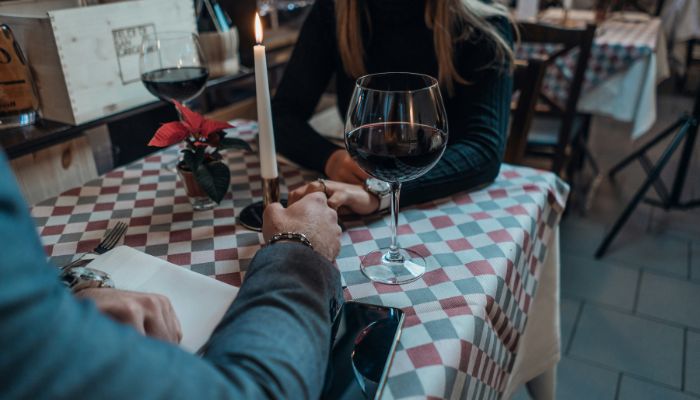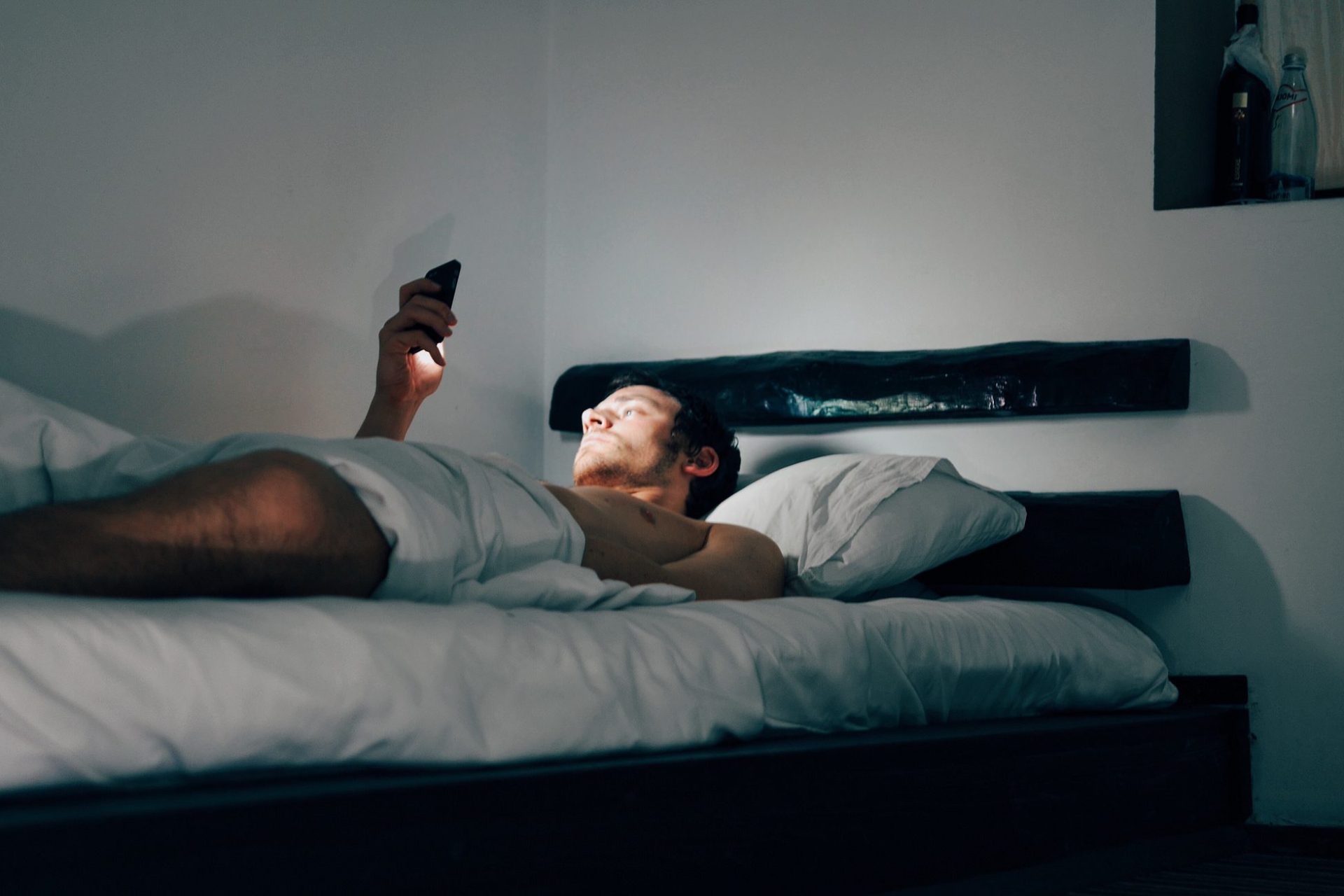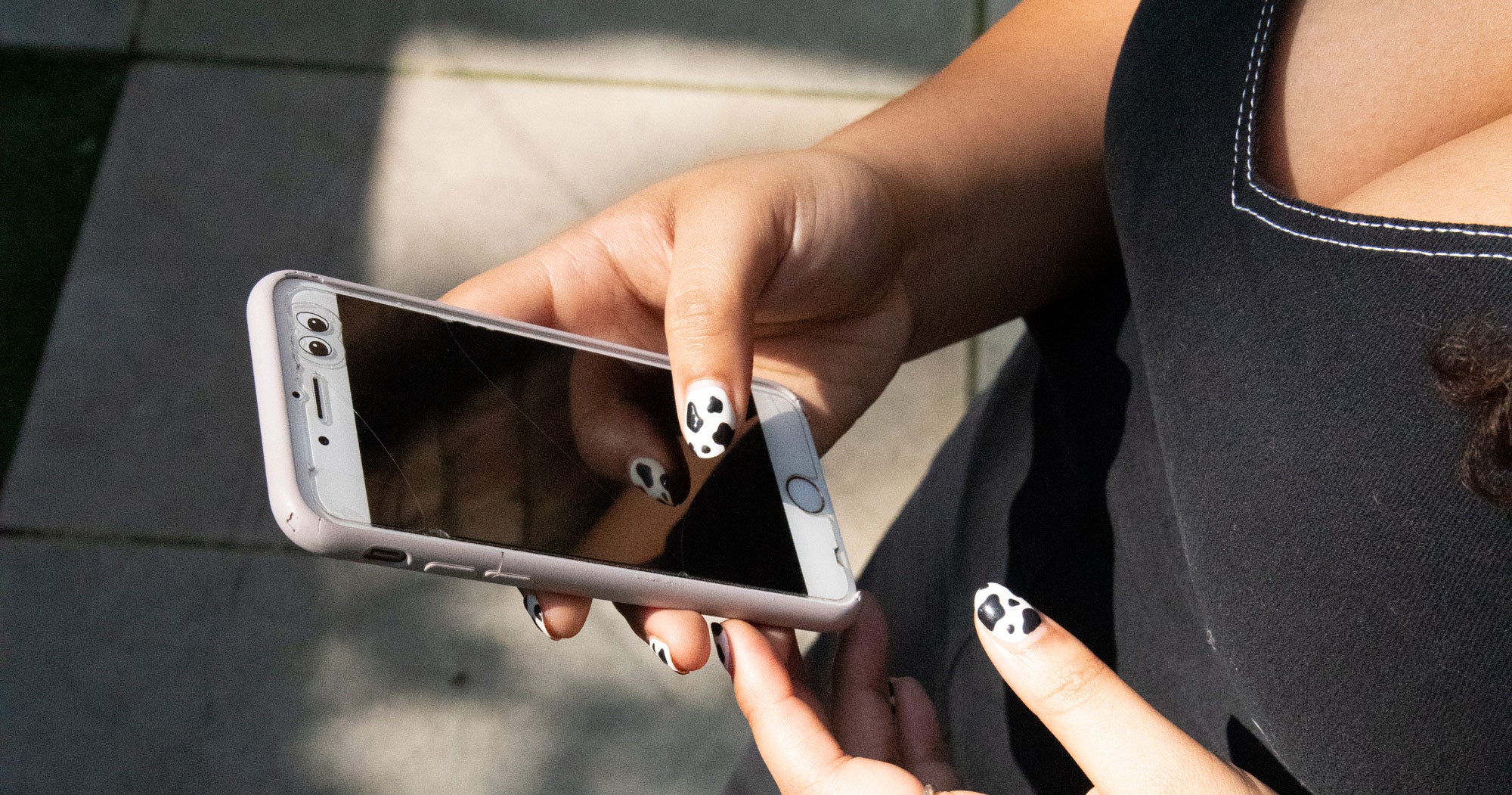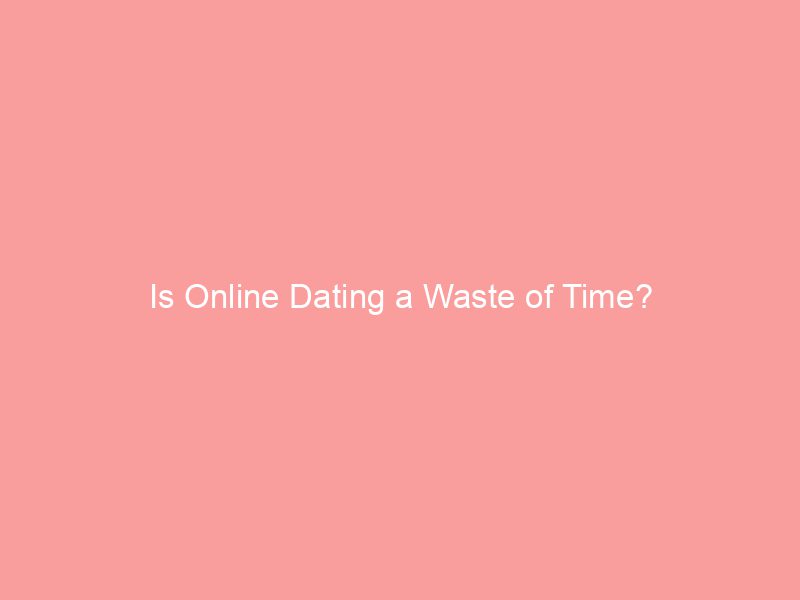Dating Apps Are A Waste Of Time
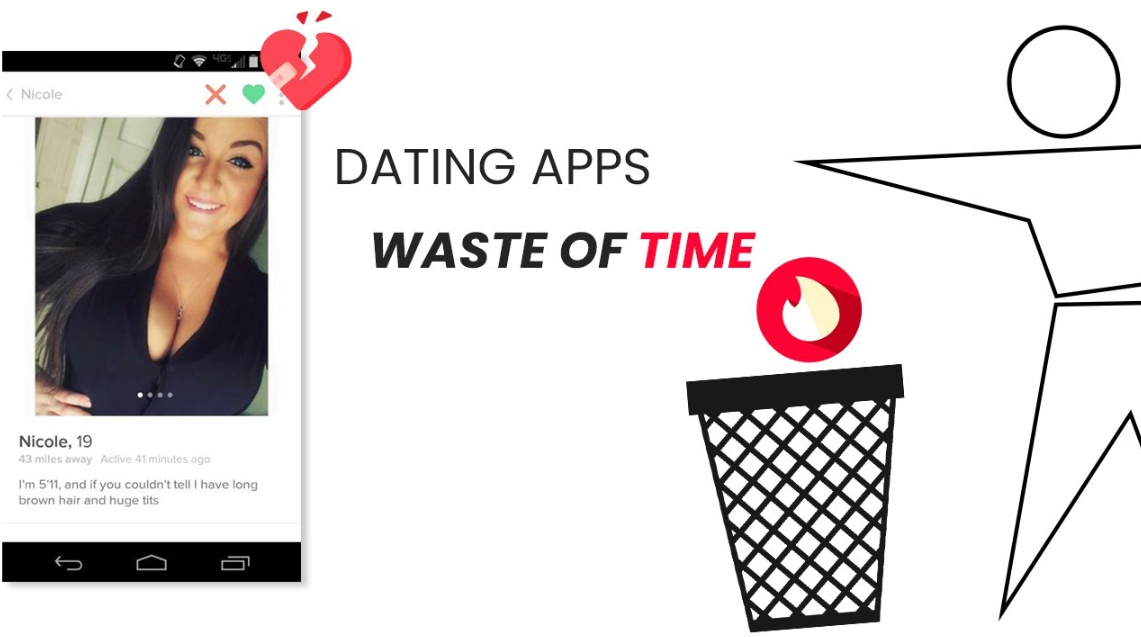
The cafe hummed with the low thrum of conversations, the clinking of ceramic mugs, and the aroma of freshly brewed coffee. Sarah, perched on a plush armchair, scrolled through an endless stream of faces, each a pixelated promise of connection. A slight frown creased her forehead. "Another one who says they love hiking but their profile picture is them at a club," she sighed, muttering to herself. This was Sunday brunch, usually a time for relaxation, but for Sarah, it was just another hour spent navigating the labyrinthine world of online dating apps.
While dating apps promise a convenient route to finding love or companionship, many users are finding them to be more of a time sink than a shortcut to lasting relationships. This article explores the rising sentiment that dating apps, despite their popularity, often fail to deliver meaningful connections, leaving users feeling disillusioned and drained.
The Rise of the Algorithm and the Decline of Serendipity
Dating apps exploded onto the scene in the early 2010s, fueled by the smartphone revolution and a growing desire for convenient connection. Tinder, Bumble, Hinge – each offered a slightly different algorithm, a unique selling point promising to match users with their ideal partners. The promise was alluring: simply swipe, match, and meet.
However, the reality often fell short of the hype. Dr. Elias Aboujaoude, a psychiatrist who studies the impact of technology on mental health, notes that "The paradox of choice is a big factor. More options lead to less satisfaction." The sheer volume of potential partners can be overwhelming, leading to a superficial approach to selecting matches and a constant feeling that someone "better" might be just a swipe away.
The Curated Self: Authenticity vs. Presentation
Dating apps inherently encourage users to present an idealized version of themselves. Photos are carefully chosen, profiles meticulously crafted, and conversations often rehearsed. This curated self, while intended to attract potential partners, can create a barrier to genuine connection.
According to a study published in the Journal of Social and Personal Relationships, individuals who prioritize self-presentation on dating apps often experience higher levels of anxiety and lower self-esteem. The pressure to maintain a perfect image can be exhausting and ultimately counterproductive.
The Ghosting Phenomenon: A Culture of Disposability
One of the most frustrating aspects of dating app culture is the prevalence of ghosting – the abrupt cessation of communication without explanation. This behavior, facilitated by the anonymity of the online world, can leave individuals feeling confused, rejected, and questioning their worth.
Professor Jessica Carbino, a sociologist and relationship expert, explains that "The ease of ending a relationship online contributes to a culture of disposability. People are less likely to invest time and effort in getting to know someone when they know there are countless other options available."
The Mental Health Toll: Comparing, Despairing, and Detaching
Beyond the superficiality and ghosting, dating apps can also have a negative impact on mental health. Constant exposure to curated profiles can lead to social comparison and feelings of inadequacy. The algorithmic nature of the platforms can also create a sense of competition and a fear of missing out.
A study by the University of North Texas found a correlation between dating app use and symptoms of depression and anxiety, particularly among young adults. The researchers suggested that the constant evaluation and rejection inherent in the dating app experience can contribute to negative self-perceptions and feelings of isolation.
Furthermore, the emphasis on online interaction can detract from real-life connections. Spending hours swiping and chatting online can leave less time and energy for cultivating relationships with friends and family, pursuing hobbies, and engaging in activities that bring joy and fulfillment.
Alternatives to the Algorithm: Reclaiming Connection
As awareness of the limitations and potential downsides of dating apps grows, many individuals are seeking alternative ways to meet people. These include joining social groups based on shared interests, volunteering, attending workshops or classes, and simply striking up conversations with people in everyday life.
Dating coach, Connell Barrett, suggests "Focus on building a rich and fulfilling life outside of dating apps. The more you love your own company, the more attractive you'll be to others, and the less reliant you'll be on technology to find happiness."
Researchers at Stanford found that a surprising number of couples still meet through friends or at work, highlighting the importance of real-world social networks.
Finding Connection in a Disconnected World
Dating apps, while offering a convenient way to meet new people, are not a panacea for loneliness or a guaranteed path to lasting love. The superficiality, competition, and potential for rejection inherent in these platforms can take a toll on mental health and detract from real-life connections.
Perhaps, the key to finding meaningful relationships lies not in endless swiping, but in cultivating self-love, pursuing passions, and engaging with the world around us. True connection often arises not from algorithms, but from shared experiences, genuine conversations, and a willingness to be vulnerable. So, maybe it is time to delete the apps and look up.

